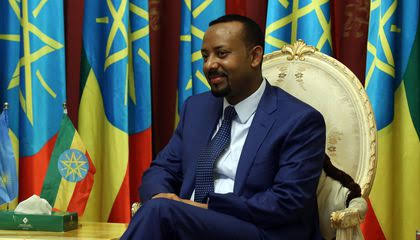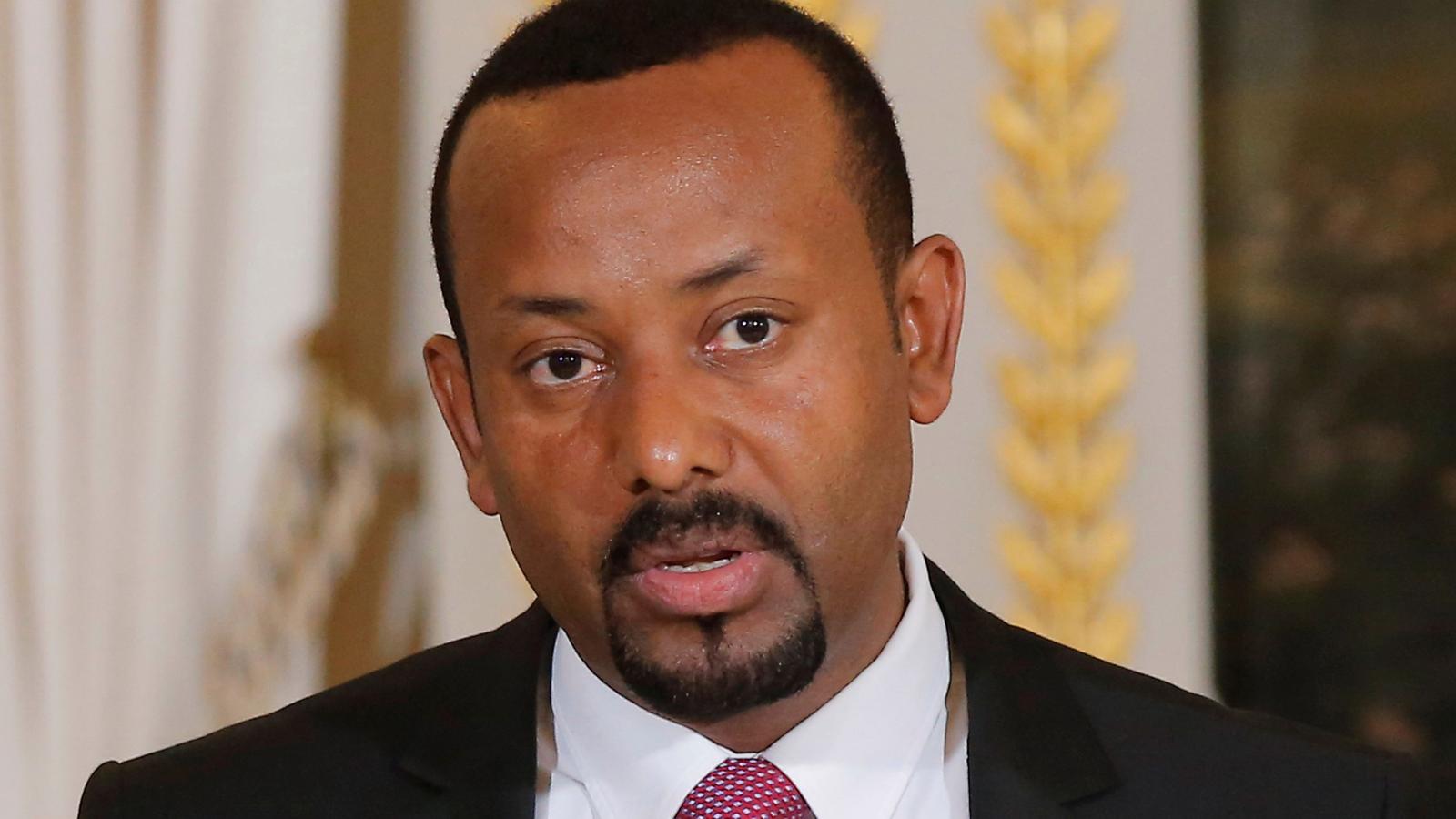Ethiopia Opens Process to Sell 40% Stake in Ethio Telecom
The Ethiopian government has announced for a tender process for the sale of a 40% stake in state-owned telecommunications company, Ethio Telecom. That means potential investors can now register their interest starting Tuesday. This is the first stage in a lengthy process that will lead to the selection of a successful bidder. The proposed minority sale of the carrier is part of a broader plan to liberalise the country’s monopolistic telecoms sector. In addition, two foreign carriers are to be granted licenses to operate in the hugely untapped market.

“The government wants state-owned enterprises to be competitive and productive, the authorities’ motivation for selling a part of Ethio Telecom to private operators,” Deputy Director of Public Enterprises, Holding and Administration Agency, Zinabu Yirga, said at a press conference in the capital Addis Ababa on Monday. “As part of the broader opening up of the sector, Ethiopia is also moving to license private operators to compete with Ethio Telecom.”
Read also:The Women that Run Big Business in Africa
Announced in 2019 and driven by Prime Minister Abiy Ahmed, the liberalisation plan has been met with several delays caused by the coronavirus pandemic and an internal crisis in the Tigray region. However, the plan has gathered pace over the past six months. In May, the government awarded one of the two available private operating licences to break up Ethio Telecom’s monopoly on the sector.
The Global Partnership for Ethiopia, a telco-consortium led by Kenya’s Safaricom, was announced as the winner after a successful bid of around $850 million. Meanwhile, a second offer of around $600 million from South Africa’s MTN Group was deemed too low by the regulator, which is now preparing to reauction the final licence.
According to Brook Taye, a senior advisor at the finance ministry, the 40% in Ethio Telecom will be sold as a single stake to a single investor. It is however unclear how much the stake would be worth but the tender process is sure to attract significant interest from many telcos around the world.
Read also:Ethiopia Awards First Private Telecoms License To Kenya’s Safaricom
This is due to the attractiveness of Ethiopia’s untapped telecoms market. In a population of over 100 million people, only about 20% have access to the Internet, less than 40% have a mobile phone and only 5.8% of the people use social media, according to a report from DataReportal.
Founded in November 2010, Ethio Telecom currently has around 53 million subscribers and has since December generated revenue of around $600 million. According to reports, the government plans to retain a 55% stake in the operator while the remaining 5% will be offered to domestic investors through an initial public offering.
Kelechi Deca

Kelechi Deca has over two decades of media experience, he has traveled to over 77 countries reporting on multilateral development institutions, international business, trade, travels, culture, and diplomacy. He is also a petrol head with in-depth knowledge of automobiles and the auto industry










